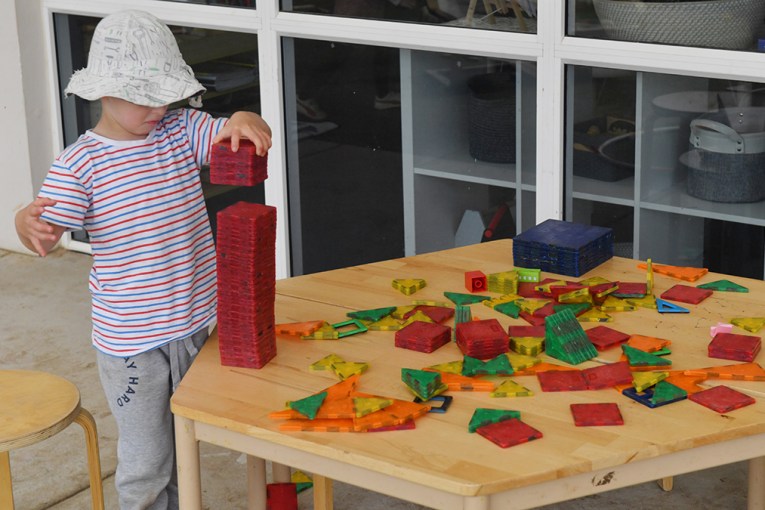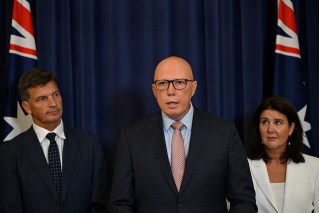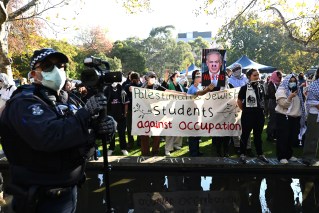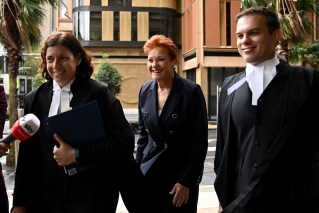Anthony Albanese freezes out Greens before deal on tenants’ rights

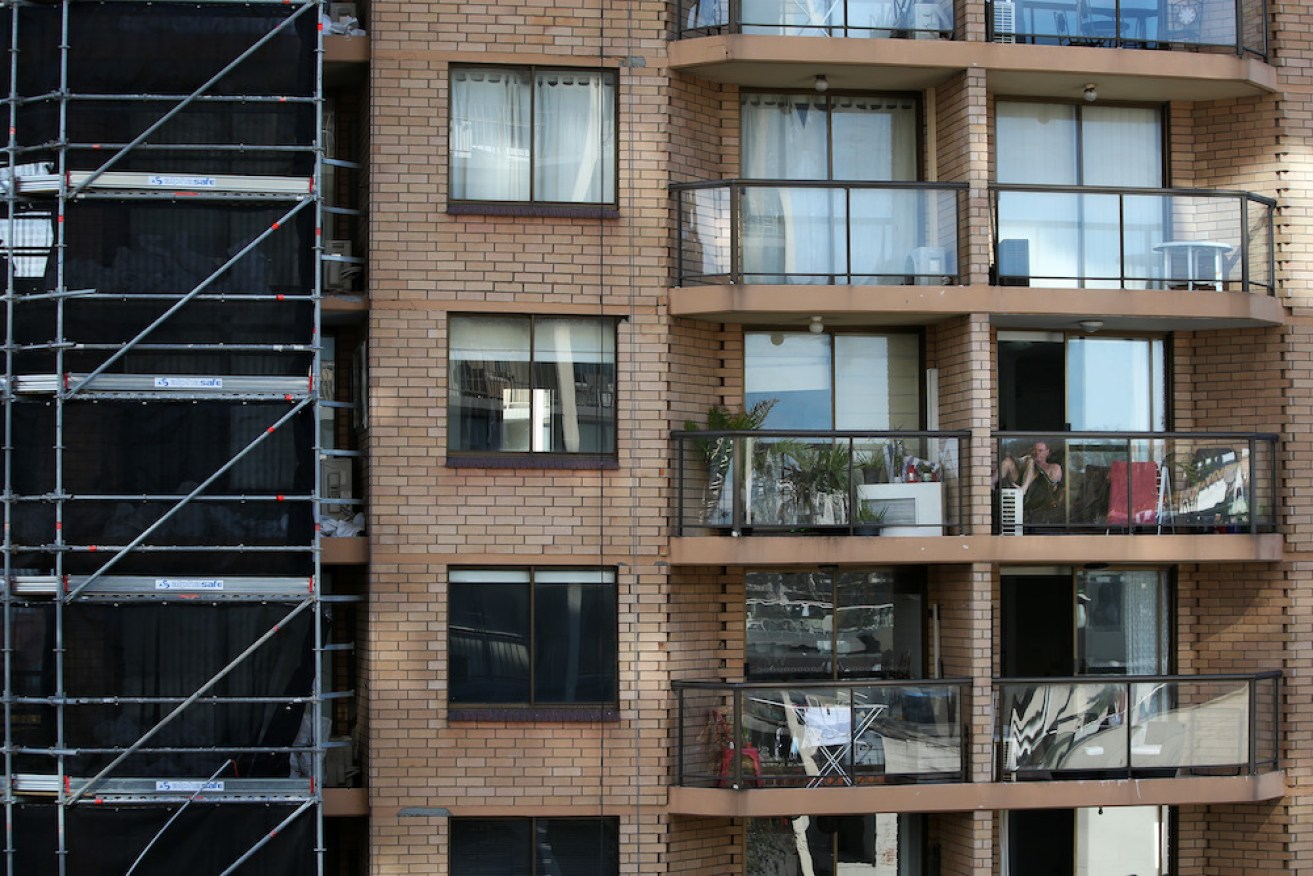
"We all know renters need more rights," Prime Minister Anthony Albanese told reporters on Tuesday. Photo: Getty
Prime Minister Anthony Albanese says he is confident of securing a deal on housing at national cabinet.
The PM did not say what kind of agreement might be reached with state premiers in Brisbane on Wednesday.
But with the government’s signature policy stalled in the Senate and the subject of public negotiation with the Greens, he was ruling out one option.
“We all know housing supply is key, we all know renters need more rights, but it can’t be done in a way that actually dampens housing supply,” he told reporters in Melbourne.
Mr Albanese is declining the Greens’ demand for securing their support for a $500 million-a-year affordable housing fund they decry as inadequate: A two-year national rent freeze.
But the government might have more luck striking an agreement across the states on tenants’ rights.
Policies on issues like the frequency of rent increases vary between state and territory governments, which have responsibility for housing, not Canberra.
(New South Wales, for example, has promised to make renting easier for pet owners, while the frequency of rent increases is limited to once a year by all states except Western Australia and the Northern Territory).
The Greens’ housing spokesman, Max Chandler-Mather, called the agenda “unambitious”.
“Without caps on rent increases, national cabinet will continue to allow no-grounds evictions every 12 months through massive annual rent increases,” he said.
Warning on rent freeze
Economists have warned that rent freezes would have the unintended consequence of making the root cause of the tight rental market worse.
“If we freeze rents, more Australians could become homeless, not less,” wrote Joey Moloney and Brendan Coates from the Grattan Institute, a non-partisan policy think tank.
“And the long-term costs of capping rent increases at just 2 per cent every two years could be even greater.
“The cap would blunt the incentive to build more housing, leaving us with fewer, poorer-quality dwellings.”
The Grattan Institute has previously advocated the federal government use its financial resources to encourage state governments to make politically unpopular decisions to boost the housing supply.
Treasurer Jim Chalmers said on Tuesday that the government was open to negotiating with local councils and state governments.
“We recognise that a shortage of housing is pushing up rents; it’s making it harder for people to make ends meet [and] that’s what drives so much of what we’re doing in this space,” he said.
Steep rental hikes
Sydney’s rental prices increased by 7.3 per cent over the past year, higher than the national average but lower than the steepest increases recorded in Brisbane at 8.9 per cent.
That is the fastest increase since 2009; since then rents have been comparatively flat or, in recent years, fallen.
Rents, as a share of disposable income, are not unusually high but at their historical average, according to ABS data.
Tweet from @BenPhillips_ANU
Rents fell in cities like Sydney and Melbourne during the pandemic, a trend driven by reduced migration and falling international student numbers.
Both have since bounced back and Australians, who increasingly use their homes as offices since the pandemic, want more space of their own, all of which have combined to push up rents.
Labor’s Housing Australia Future Fund will reappear in the Senate in October after being blocked by the Greens and Coalition in June.
The government says the fund will deliver 30,000 social and affordable homes over five years.
In the 1990s, some 6 per cent of all housing in Australia was social housing – today, that proportion has fallen to little more than 4 per cent.
